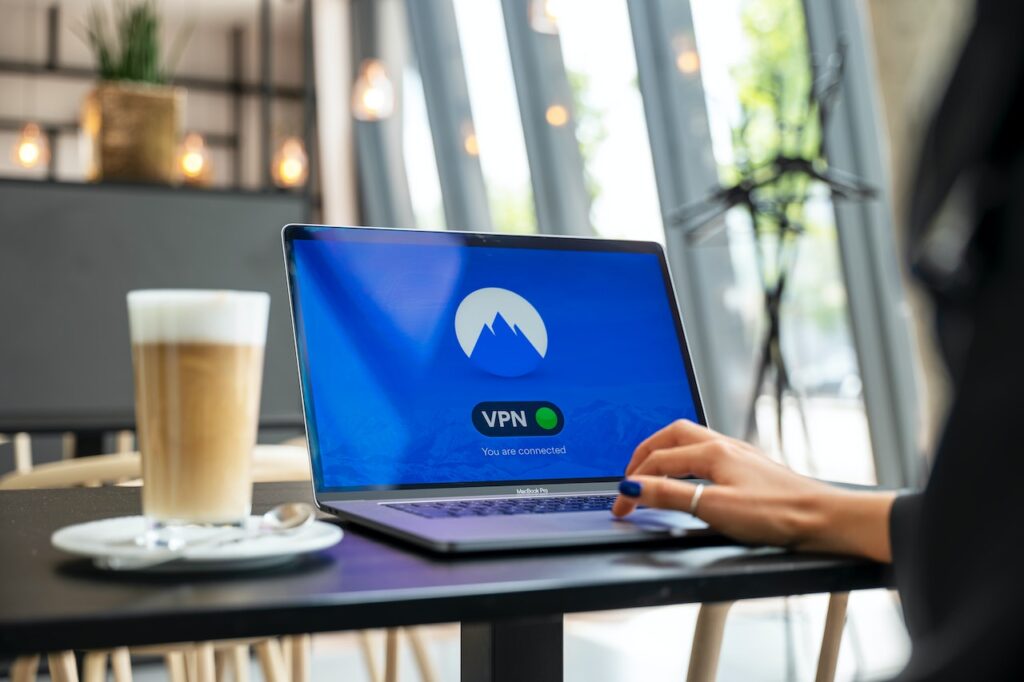
If you use a VPN while signed in to your Google account, your location and online activities can still be tracked by Google. When logged in to your account and connected to a VPN server, YouTube can see your IP address and activity. This means that when you’re not connected to a VPN, YouTube can still suggest videos based on your previous activity.
Google can track your online activity in a few different ways. One way is through cookies, small pieces of data stored on your computer when you visit certain websites. Google can also track your activity through something called browser fingerprinting, which is a way of uniquely identifying your browser based on its characteristics. You can reduce the amount of tracking that Google does by using privacy-oriented browsers and cookie blockers.
Can Employers Track When One’s on a VPN?
If you’re using a commercial VPN service, they would not be able to monitor you as they would not have access to the VPN server. Most commercial VPNs offer a high level of anonymity and privacy, and they do not keep logs of user activity.
If your workplace monitors your online behavior, a VPN will not protect you entirely. However, if your workplace only monitors your online behavior, a VPN can help to shield you from your employer.
If you want to see if someone is using a VPN, you can check to see if their traffic is being routed through a single IP address. If it is, then they are most likely using a VPN. A VPN encrypts traffic so that it cannot be read by anyone who does not have the encryption key. This means that even if someone were to intercept the traffic, they would not be able to read it.
How to Be Untraceable
It is unarguably tricky to remain completely anonymous online. However, the following can help reduce your digital footprint:
1. Use a Virtual Private Network (VPN). This will at least encrypt your traffic and make it more difficult to track.
2. Use a secure browser extension like Ghostery or Privacy Badger. These will block cookies and other tracking technologies.
3. Use a secure search engine like DuckDuckGo. This will not track your searches.
4. Use a secure email service like ProtonMail. This will encrypt your email communications.
5. Use a secure messaging app like Signal. This will encrypt your messages.
6. Pay for services with Bitcoin. This will add an extra layer of anonymity.
7. Use TOR. This will route your traffic through multiple servers, making tracking difficult.
If someone is very determined to track you online, you must be cautious and take all measures to stay anonymous. If you carefully select a VPN service provider, it can still safeguard your data from ISPs, criminals, and government spying. NordVPN has a plethora of security-related features to maintain your privacy online, no matter what device you’re using.
Choosing the Suitable VPN
A VPN protects your online activity from being tracked by third parties, but you should be careful about which VPN service you use. Stay away from VPN services as they can collect user data and sell it to third parties who will then show you countless ads. Additionally, free VPNs often have limited functionality. When choosing a VPN, it’s essential to ensure it is a reputable company.
Conclusion
A VPN can be used to protect your online privacy and security, but it can also be used to track your online activity. If you are using a VPN to access a website or service that is not encrypted, your traffic can be monitored, and your activity can be tracked. If you are using a VPN to access an encrypted website or service, your traffic can be observed, but your activity cannot be tracked.
Are you looking for the most secure VPN? Check out Most Secure VPN. With a focus on privacy and security, we have found VPN services that can keep you safe online. Contact us.